Focus
Your Present Location: HOME> Focus-

Gideon Rachman: Putin’s war will shake the world
The phoney war is over. The real war has begun. For several weeks, the US and British governments have believed that Vladimir Putin was intent on a full-scale invasion of Ukraine. That is now happening.
2022-02-25 -
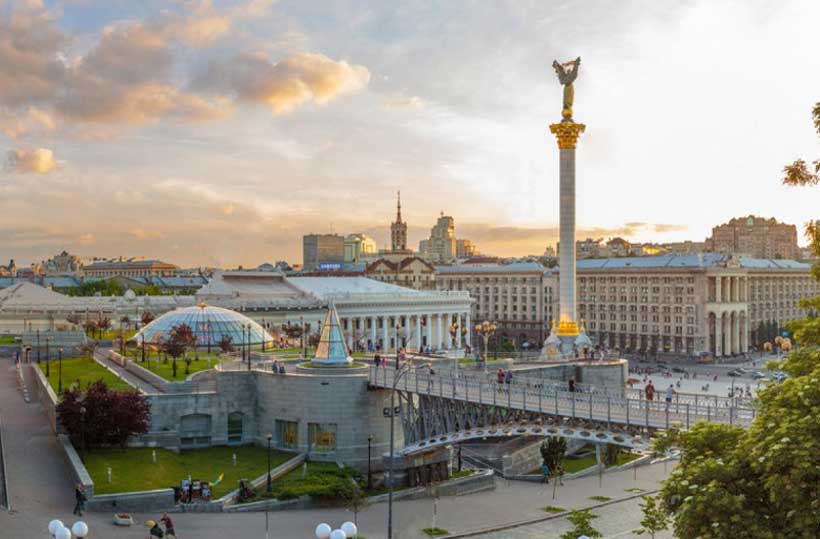
Zamir Ahmed Awan: Ukraine is betrayed by the US and UK
Ukraine was betrayed by the US and UK. Under the Budapest Memorandum, the US and UK promised to ensure Ukraine’s security, but, the world has seen that both the US and UK have not fulfilled their promise. On December 5, 1994, the leaders of Ukraine, Russia, Britain, and the United States signed a memorandum to provide Ukraine with security assurances in connection with its accession to the NPT as a non-nuclear weapon state. The four parties signed the memorandum, containing a preamble and six paragraphs. The memorandum reads as follows:-
2022-02-25 -
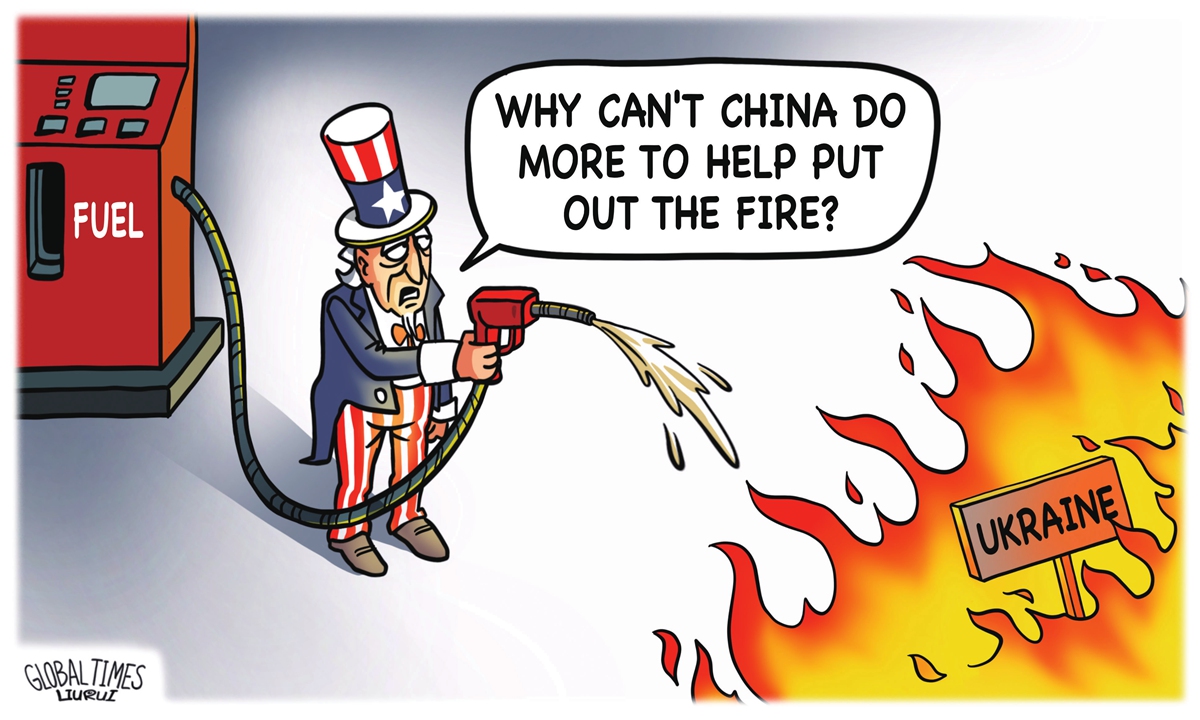
Wang Yiwei: US distorts China’s neutral stance, ‘uses Ukraine crisis to draw discord between China, Russia’
The US has tried very hard to distort China's neutral stance of calling for dialogue on the Ukraine crisis, with the US State Department urging China to "pressure Russia" and to respect the principle of national sovereignty and territorial integrity, and even accusing China of "using Russia to create a new world order."
2022-02-25 -
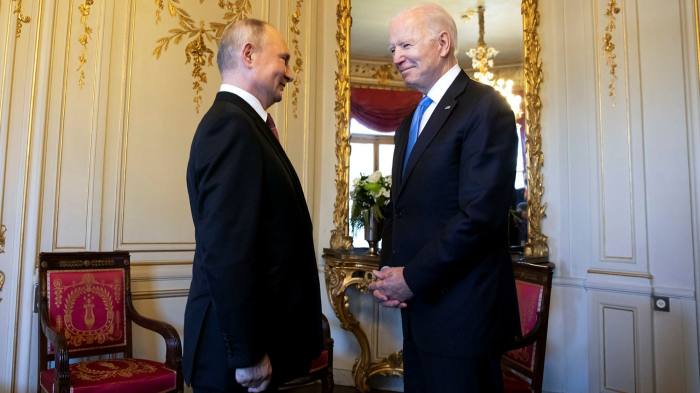
Jefferey Sachs: The US should compromise on Nato to save Ukraine
If US President Joe Biden and his Russian counterpart Vladimir Putin do manage to hold a summit on Ukraine, what should Biden’s approach be?
2022-02-25 -
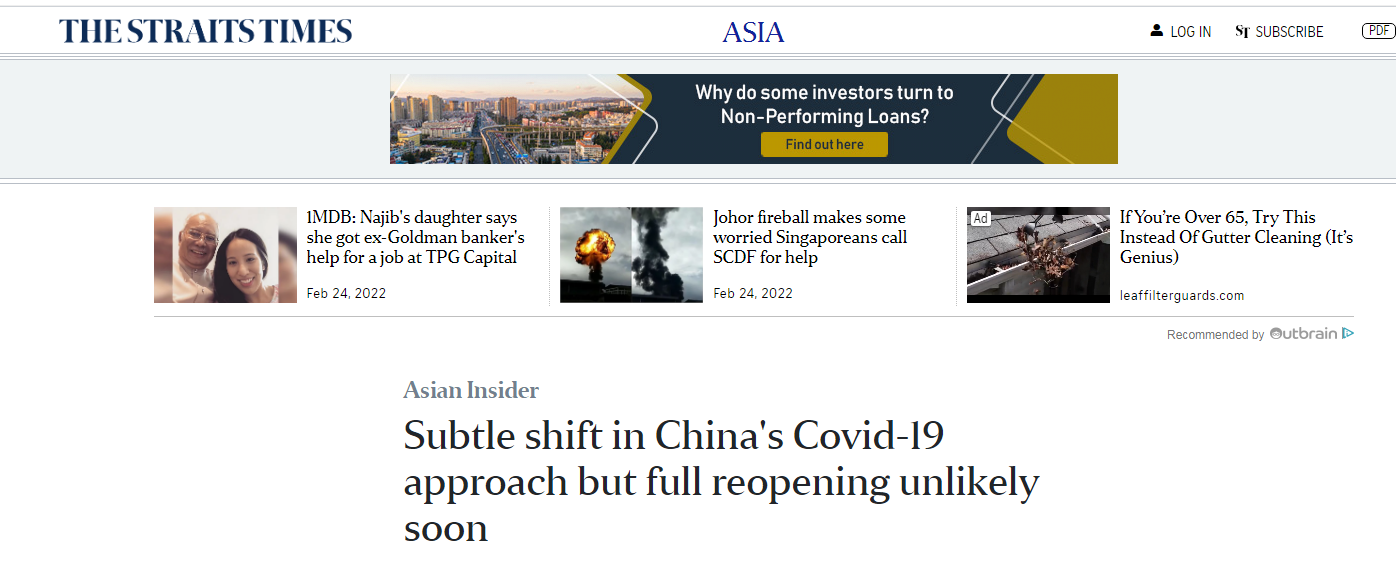
Straits Times: Subtle shift in China's Covid-19 approach but full reopening unlikely soon
With sporadic Covid-19 clusters popping up across China, local governments have turned to a tried-and-tested playbook of lockdowns and movement controls.
2022-02-25 -

Zhou Rong: Western sanctions won’t help solve Ukraine crisis
In the wake of the US and Europe unveiling what is believed to be just the first round of sanctions on Russian individuals and institutions in response to Moscow's recognition of two regions in Ukraine as "sovereign states," China said that unilateral sanctions have never been effective in solving global crises, and warned the US not to harm China and other countries' legitimate interests when handling issues related to Ukraine and Russia.
2022-02-24 -
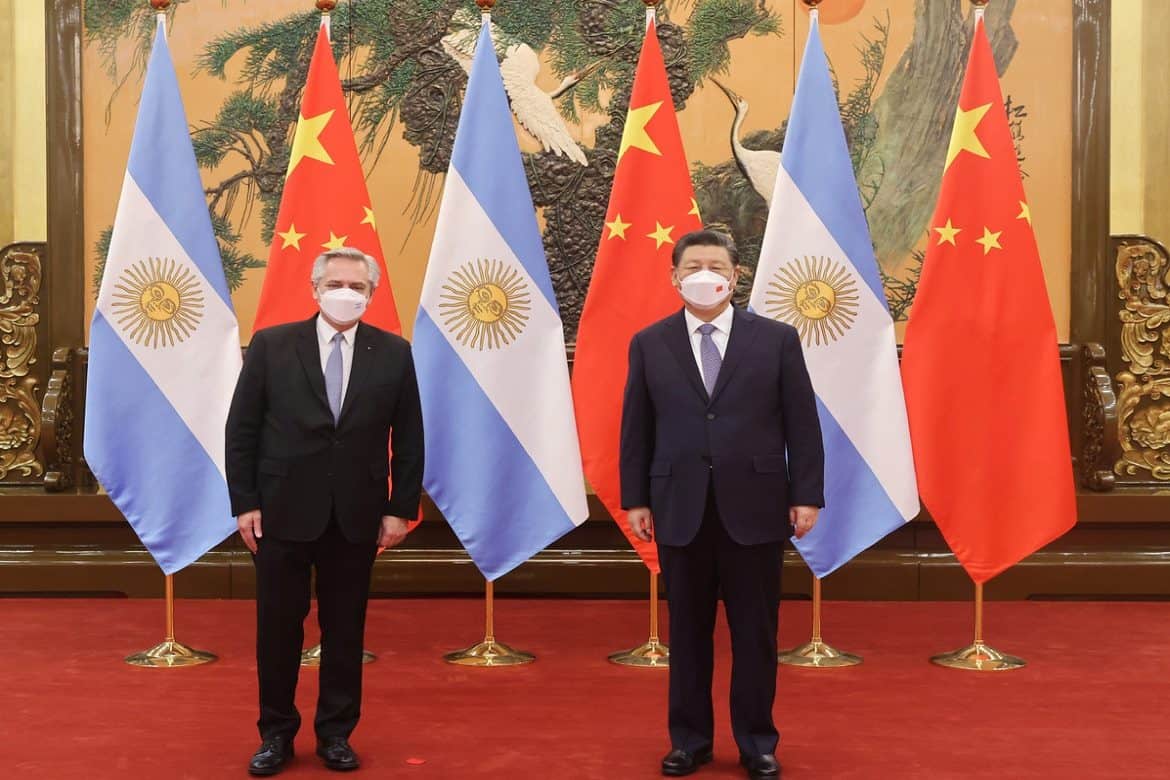
Zamir Ahmed Awan: Winter Olympics 2022: A Victory for Chinese Diplomacy
Global leaders got a chance to get together and exchange views. On one hand, it was an opportunity for China to show its strengths and power, on other hand, it was a unique opportunity for the rest of the world to understand China too. Several global leaders meet the Chinese leadership as well as visiting leaders from the rest of the world.
2022-02-24 -
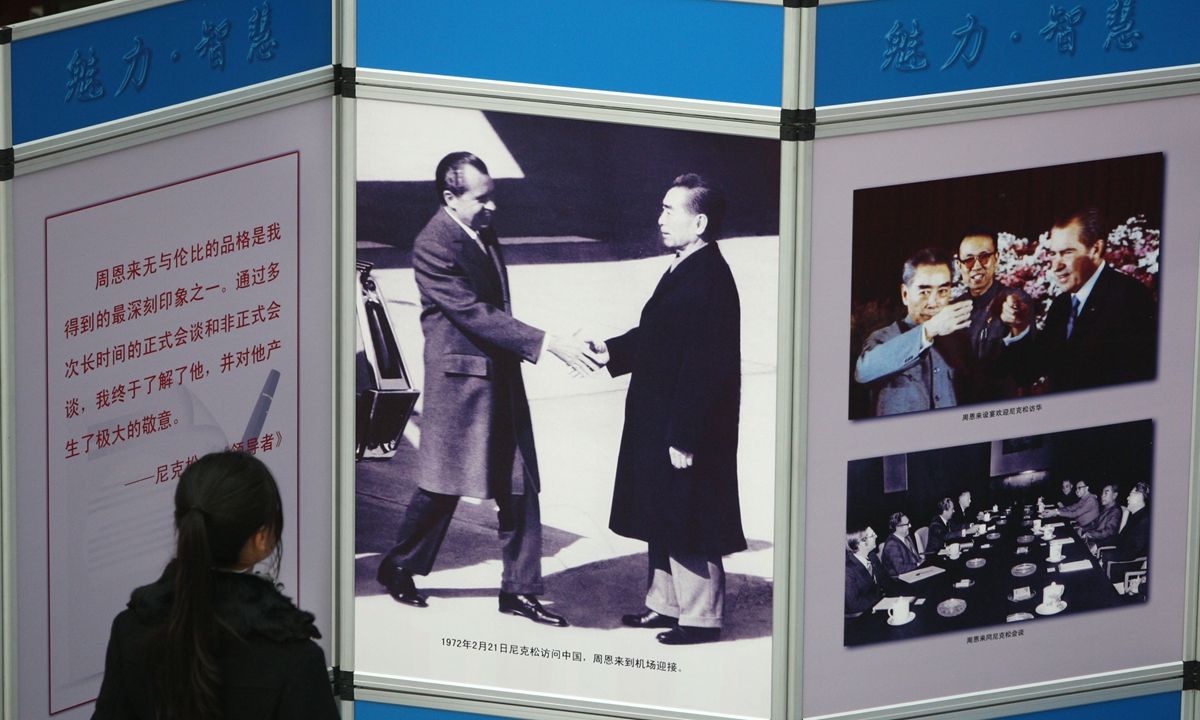
Ding Gang: Can US’ balancing strategy last after Ukraine crisis?
On February 21, 1972, US President Richard Nixon came to Beijing to begin a "world-changing" visit. He became the first sitting US president to visit China.
2022-02-24 -

Gideon Rachman: How Putin took Europe to the brink of war
Angela Merkel once described Vladimir Putin as a leader using 19th-century methods in the 21st century. What the former German chancellor meant was that Russia’s leader is a man of war and nationalism in an era supposedly defined by laws and globalisation.
2022-02-23 -

Vijay Prashad: Washington Bullets
2022-02-23 -

Francis Fukuyama: Sanction Russia Now!
So it’s finally happened—after a slow, weeks-long build-up of forces, Russian troops on February 21 invaded Ukraine after Moscow recognized the independence of the Donetsk and Luhansk regions. Moscow is using words that normal countries use, like “genocide” and “fascist” and “peacekeepers,” in an Orwellian fashion to signify the opposite of what they really mean. The pretext Putin is using—that Ukraine, surrounded by 190,000 Russian troops, was planning to launch a major attack on the Donbas and invade Russia—is so transparent and ridiculous as to defy belief.
2022-02-23 -

Wang Yiwei: Ukraine crisis 'could escalate' but all-out war unlikely
The Ukraine crisis remains tense and is becoming more complicated as the US and NATO keep hyping the war concerns over the continent of Europe and Russia took further actions including nuclear deterrence drills since the West made no response to its security concerns. As the Winter Olympics concluded on Sunday and the UN Olympic Truce for Beijing 2022 will finish, analysts said the crisis is likely to escalate although an all-out war is unlikely.
2022-02-23 -
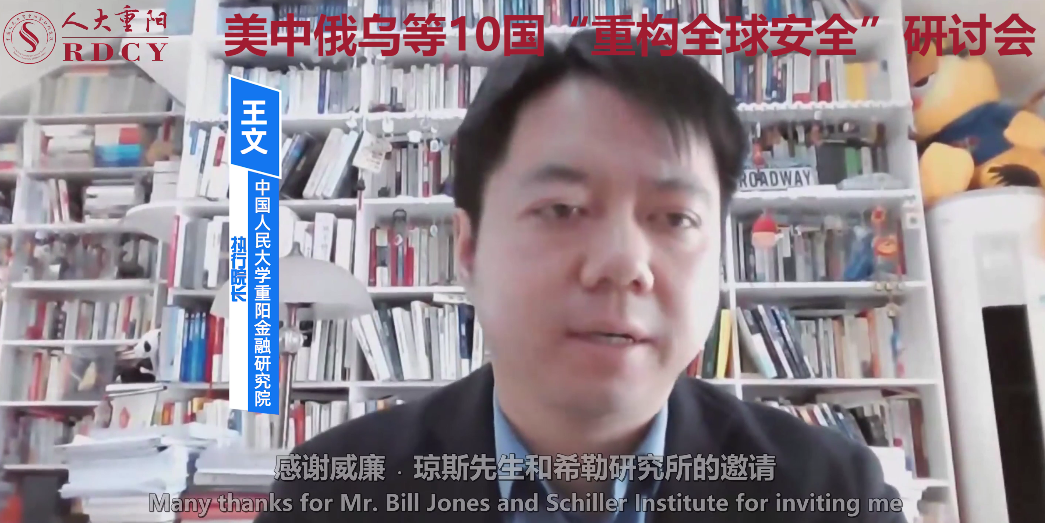
Wang Wen: 100 Seconds to Midnight on the Doomsday Clock
2022-02-22 -
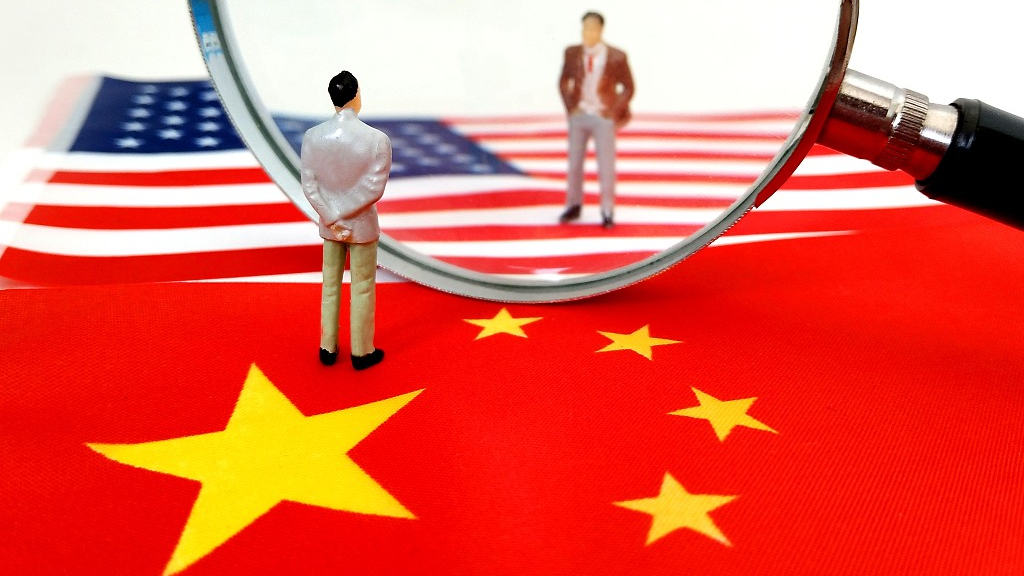
William Jones: Remembering the Nixon visit: Breaking the chains of illusion
This year is the 50th anniversary of the visit of U.S. President Nixon to China, a visit which effectively ended the U.S. attempt to contain the People's Republic of China (PRC), a country which then had over 800,000,000 people. President Nixon deserves credit for this ground-breaking visit. He, more than any of his advisers, was most adamant that such a visit be accomplished. While there were obviously geopolitical goals that such a visit might accomplish, regarding the Soviet Union and Vietnam, where the U.S. was still involved in a no-win war, there was also a certain curiosity that this Republican president had for the country which also influenced his decision.
2022-02-22 -
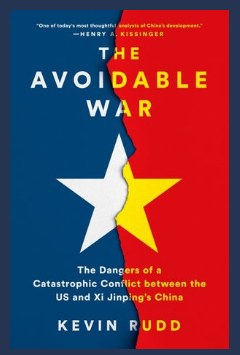
Kevin Rudd: The Avoidable War
2022-02-22 -
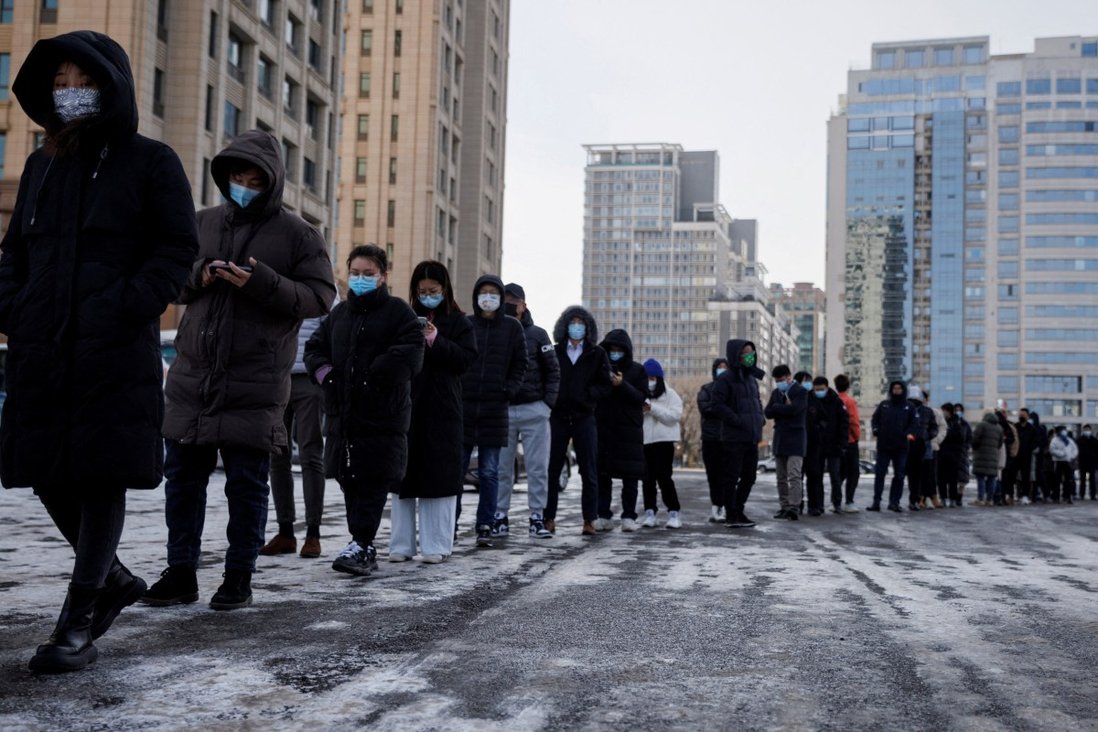
【SCMP】China’s zero-Covid policy under review as economic pressure mounts, chief epidemiologist says
Multiple teams in China are studying how to improve the country’s anti-pandemic policies, as economic pressure from its zero-Covid approach intensifies, according to one of the nation’s most prominent epidemiologists.
2022-02-18 -
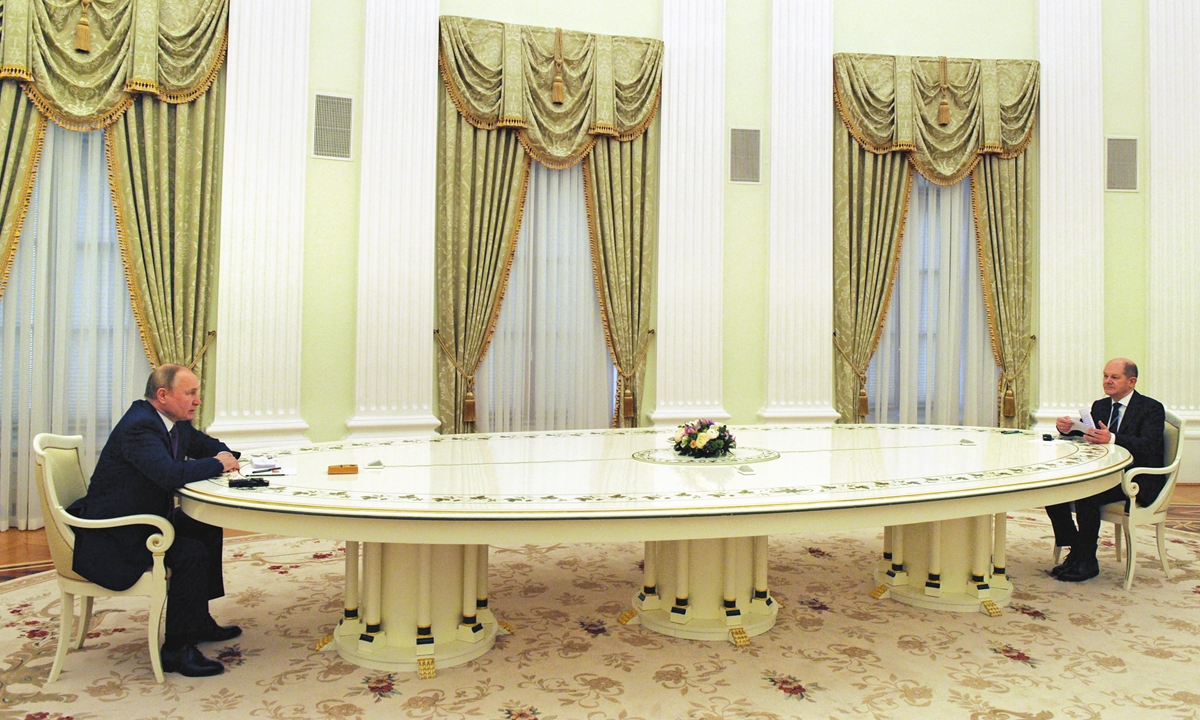
Yury Tavrovsky: Ukraine ‘invasion’ day passes peacefully, defies ‘war hype’
Although the US previously claimed that Russia planned to attack Ukraine on Wednesday, the day passed peacefully with the recent partial pullback of Russian troops from some border areas, although Washington and NATO said they did not see the pullback and are insistent on their claims of imminent war to prevent an easing of tensions.
2022-02-18 -

Francis Fukuyama: Title IX and the Administrative State
In my last post, I noted that state regulation in the United States, while often lighter than in European democracies, has been very intrusive in the area of civil rights. It is in this realm that regulation has raced ahead of public opinion, and even ahead of Supreme Court judgments regarding the limits of federal action. The best illustration of this is the steadily expanding interpretation of Title IX.
2022-02-18 -
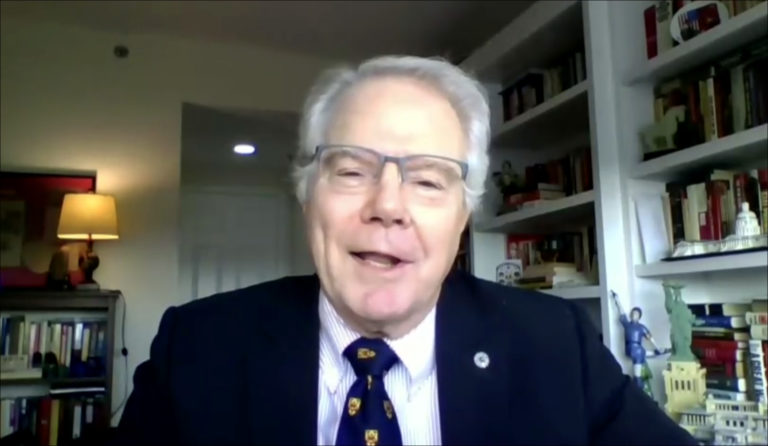
【The Washington Diplomat】David M. Lampton: US-China relations at their worst in years, Wilson Center scholars warn
As European diplomats race to avert war between Russia and Ukraine, one country stands out for its refusal to condemn the Kremlin’s military threats against Russia’s neighbor: China.
2022-02-18 -

JEFFREY D. SACHS: How to Protect Ukraine's Sovereignty
Rather than trying to pretend that one side is a saint and the other a sinner, everyone involved in the latest NATO-Russia conflict should recognize that they have a mutual interest in long-term security. That implies a diplomatic settlement in which Ukraine secures its sovereignty through neutrality.
2022-02-18
























































































 京公网安备 11010802037854号
京公网安备 11010802037854号





